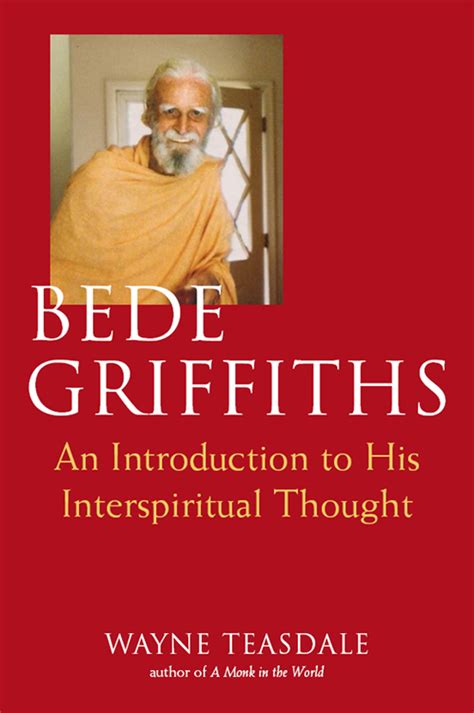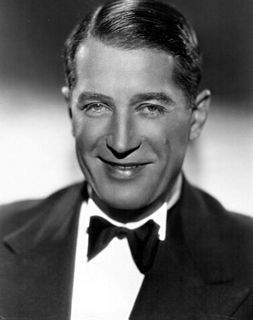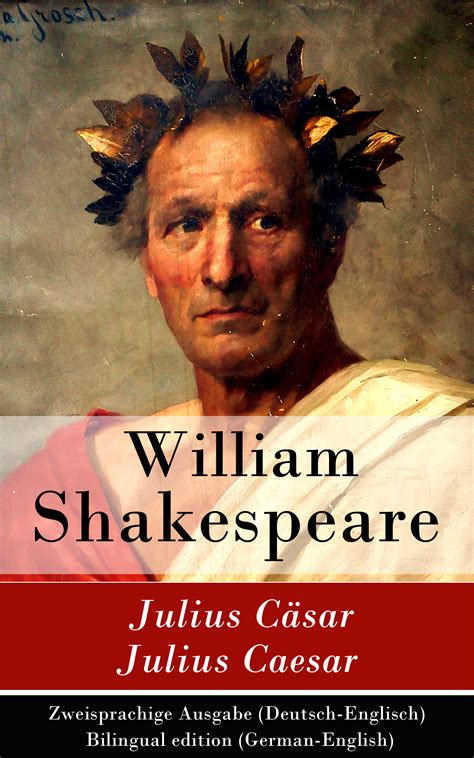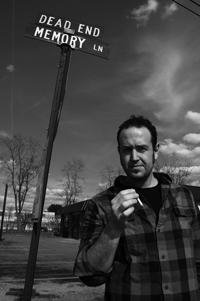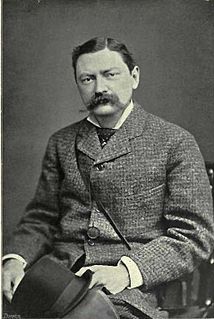A Quote by Martin Filler
The popular mythology of creative genius depends on beloved stereotypes of the artist in youth and old age: the misunderstood upstart who forces us to see the world afresh; and the revered sage who shows us depths of insight attainable only through a lifetime of hard-won experience.
Related Quotes
Every one of us is a mystic. We may or may not realize it, we may not even like it. But whether we know it or not, whether we accept it or not, mystical experience is always there, inviting us on a journey of ultimate discovery. We have been given the gift of life in this perplexing world to become who we ultimately are: creatures of boundless love, caring compassion, and wisdom. Existence is a summons to the eternal journey of the sage - the sage we all are, if only we could see.
For us necessity is not as of old an image without us, with whom we can do warfare; it is a magic web woven through and through us, like that magnetic system of which modern science speaks, penetrating us with a network subtler than our subtlest nerves, yet bearing in it the central forces of the world.
In youth it is the outward aspect of things that most engages us; while in age, thought or reflection is the predominating qualityof the mind. Hence, youth is the time for poetry, and age is more inclined to philosophy. In practical affairs it is the same: a man shapes his resolutions in youth more by the impression that the outward world makes upon him; whereas, when he is old, it is thought that determines his actions.
We are born one time only, we can never start a new life equipped with the experience we've gained from the previous one. We leave childhood without knowing what youth is, we marry without knowing what it is to be married, and even when we enter old age, we don't know what it is we're heading for: the old are innocent children innocent of thier old age. In that sense, man's world is the planet of inexperience.
Nothing sweeter than to drag oneself along behind events; and nothing more reasonable. But without a strong dose of madness, no initiative, no enterprise, no gesture. Reason: the rust of our vitality. It is the madman in us who forces us to adventure; once he abandons us, we are lost; everything depends on him, even our vegetative life; it is he who invites us, who obliges us to breathe, and it is also he who forces our blood to venture through our veins. Once he withdraws, we are alone indeed! We cannot be normal and alive at the same time.
That authentic experience that happens both in the artist and in the audience you can classify as a mystical experience. You can classify it as aesthetic shock, or even a psychedelic experience. Some people seek to recreate that experience through drugs. But the other way that you can do it is through art, and through spectacle. We have those experiences when we go to rock shows, or when we listen to a piece of classical music, or read a particular poem, or see a painting.
Poetry is related to philosophy as experience is related to empirical science. Experience makes us acquainted with the phenomenon in the particular and by means of examples, science embraces the whole of phenomena by means of general conceptions. So poetry seeks to make us acquainted with the Platonic Ideas through the particular and by means of examples. Philosophy aims at teaching, as a whole and in general, the inner nature of things which expresses itself in these. One sees even here that poetry bears more the character of youth, philosophy that of old age.

